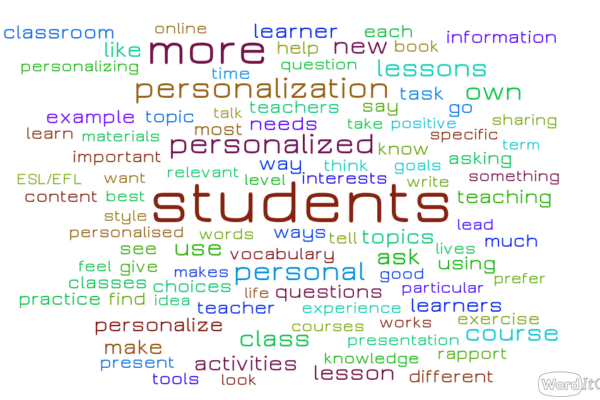The Power of Generosity
I’d like to start this post with Maya Angelou’s beautiful statement: “I’ve learned that people will forget what you said, people will forget what you did, but people will never forget how you made them feel.”
As a subscriber to MET (Modern English Teacher), I received the October 2018 issue at home this month. Their articles cover a wide range of topics as you can see from its cover:

MET magazine October 2018
One article, in particular, drew my attention: Promoting gratitude among learners by Jeffrey Dawala Wilang. He carried out a survey to find out what specific situations his learners were grateful for in their English language class.
Have you ever thought about that? What were you grateful for in your English class when you were a student?
To be grateful for something in your English class may sound weird, but it actually makes a lot of sense, especially nowadays. Wilang sees teachers as agents, and teachers’ actions as antecedents and he explores how these can be beneficial in language learning. He came up with 19 antecedents of gratitude, common among his students, and he elaborated further on how they promoted English language learning.
Here are some of them:
- Students are thankful when advice is provided in the English class;
- Students are thankful when their outputs in English are appreciated;
- Students are appreciative of examples provided in the English class;
- Students are thankful when the English class is managed effectively;
- Students are thankful when the activities in the English class are encouraging;
- Students are grateful when they are encouraged to do better in the English class;
- Students are grateful when their mistakes or errors are corrected in the English class;
- Students are grateful when all are treated equally in the English class;
- When productive language activities are done in the English class, students are thankful for it;
- Students are appreciative of open-mindedness in the English class;
- Students are grateful when they experience positive impact in the English class;
- Students are grateful when English learning opportunities are provided;
- Students are thankful when ideas are shared in the English class;
- Students are appreciative of practical knowledge shared in the English class;
- Students are thankful when media resources are used in the English class.
Howells (2015) defines gratitude as “the act of acknowledging what we receive from others and being motivated to give back out of this acknowledgement”. He further explains that resenting, complaining and blaming others for our problems can seriously prevent learning from taking place.
When we think of our context – the western world (Brazil), we can perhaps understand ‘I’m thankful for…’ as ‘I like it when…’. But this change in perspective can be quite revealing: when we say that “we like it when teachers give me feedback”, it immediately means that “we dislike it when teachers don’t give me feedback”, for instance.
For this reason, this first post of mine would be an invitation to experiment generosity by opening up to gratitude. We could start by following Howells suggestions and be more attentive so that we notice what we have around us, count our blessings and stop taking everything for granted. For those who want to take a step further, gratitude only truly exists when we express it to others.
Ok, but how is this connected to (English) learning?
It’s quite simple, really. If we, as teachers, live in this state of appreciation, attentive to everything around us, taking nothing for granted, we are more likely to enjoy teaching more fully. As a consequence, this ‘inner attitude’, as Howells calls it, can positively impact our learners so that they too can enjoy learning more fully. That’s what I mean with ‘The Power of Generosity’: never let yourself be drawn into our everyday challenges in such a way that they overpower your ability to acknowledge what you have and give back.
Have a great start of semester!!!
Reference:
Wilang, J. (2018) ‘Promoting gratitude among learners’, MET, vol. 27, issue 4, October, pp. 30-31.
Howells, K. (2015) The importance of gratitude by Dr Kerry Howells, [Online], Available: http://positivetimes.com.au/the-importance-of-gratitude-by-dr-kerry-howells/ [15 Jan 2018].






